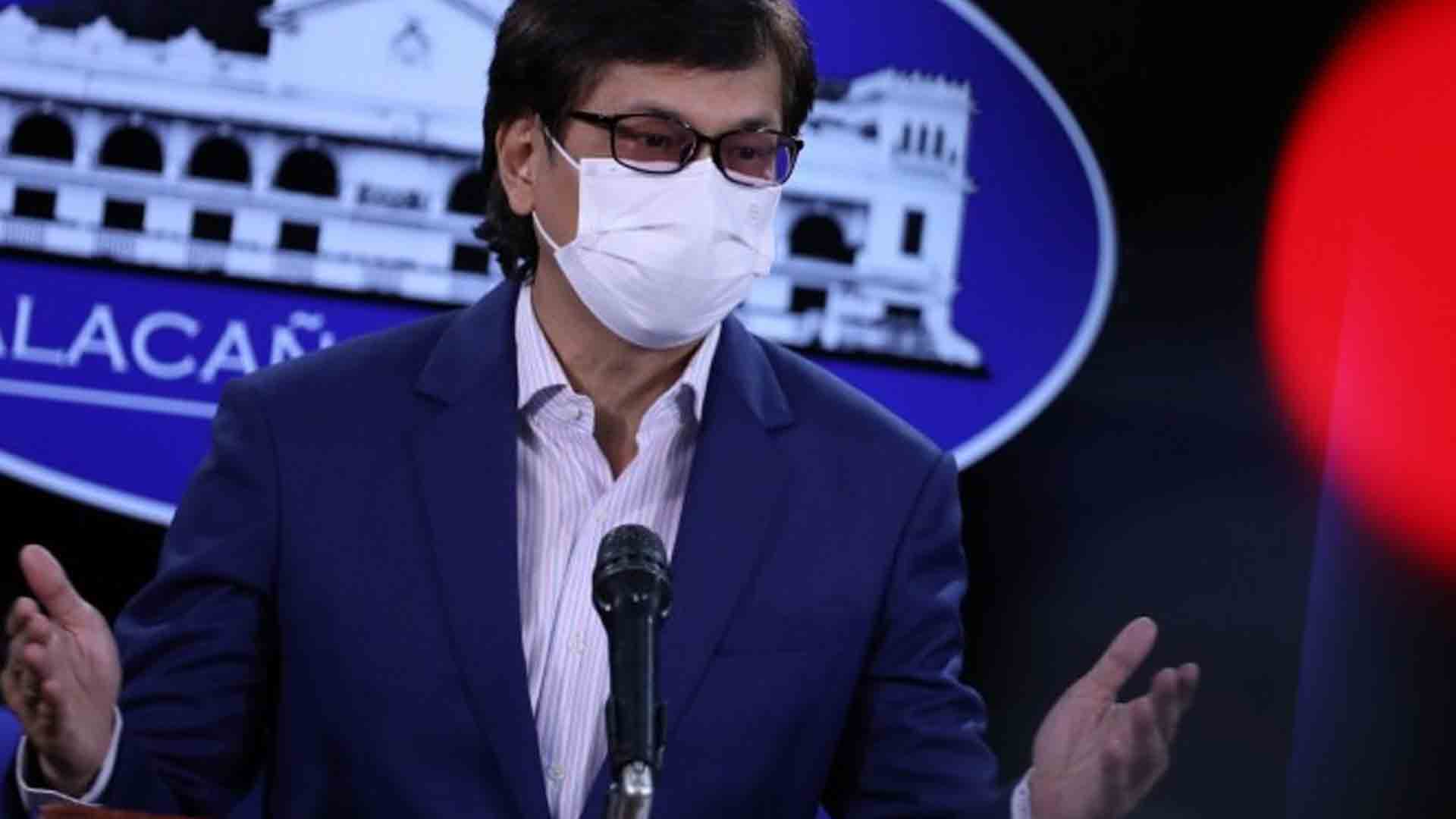The Department of the Interior and Local Government (DILG) said it will hold a dialogue with media organizations to thresh out security concerns aimed at protecting them from various threats.
DILG Secretary Benjamin Abalos Jr. made this remark as he allayed the fears and concerns of media groups following reports of uncoordinated visits by the police to the residences of some journalists.
“Ipapapakita namin ang proseso, ipapakita namin ang tao, kung ano ang hotline namin, kung ano ang dapat gawan at kung talagang may threat sumulat lang kayo at kung kailangan niyo ng mga police security ibibigay po namin ito. Yun po ang commitment ng PNP (Philippine National Police), yun ang commitment ng DILG sa lahat po ito at yun ang gusto namin, magkaroon tayo ng dayalogo tungkol dito. (We will show the process, we will show the people, what our hotline is, what to do and if there is really a threat, just write and if you need police security, we will provide it. That’s the commitment of the PNP, that’s the commitment of the DILG to all of this and that’s what we want, let’s have a dialogue about it),” Abalos said in a radio interview.
He added that a letter regarding this measure has been drafted and addressed to various media networks and organizations, which is expected to be distributed in the coming days.
Over the weekend, GMA-7 broadcast journalist JP Soriano took to Twitter his account where a man who identified himself as a police officer visited his residence.
Soriano said he called Marikina Mayor Marcelino Teodoro and confirmed that police officers are knocking on media workers’ doors to check for threats.
He also found out that another journalist had called the local chief executive as cops also visited their home.
“This is a clear violation of the [Data] Privacy Act. If the PNP really wants to coordinate with or check on us, this should be done at our office, not at our homes,” Soriano said.
Abalos already talked to Soriano and apologized to the members of the media over the alarm caused by the incident.
He has ordered the National Capital Region Police Office (NCRPO) to re-strategize and go through proper channels to reach out to media workers instead of going to their residences.
“Let’s sit down with them kasi alam niyo ang intensyon dito is really ipakita namin ang sinseridad ng pulis na andito kami to help and protect you kasi let’s face it, mahirap ang trabaho ninyo, may mandato kayo sabihin ang katotohanan (Let’s sit down with them because you know the intention here is that we really show the sincerity of the police that we are here to help and protect you because let’s face it, your job is difficult, you have a mandate to tell the truth),” said Abalos.
The DILG chief also talked to NCRPO chief Brig. Gen. Jonnel Estomo and told him to apologize and stop the house-to-house visit of cops to media personnel.
“I spoke to the general and I said, ‘you mean well but of course, the others won’t think like that’. We are here to protect them but let’s do it another way. First, stop that and let’s apologize,” the Interior Secretary stressed.
Meanwhile, the PNP said it would come up with more specific guidelines on how authorities should reach out to media practitioners.
PNP spokesperson Col. Jean Fajardo said the order for policemen to strengthen their coordination with media workers in their areas of jurisdiction came following the killing of veteran radio host Percival Mabasa also known as Percy Lapid.
Fajardo said that there is actually nothing wrong with regard to the house visits.
She, however, clarified that there was no direct order from the PNP national headquarters in Camp Crame or with the regional director for authorities to conduct security checks on the residences of journalists particularly to ask if they had been threatened.
Fajardo said that the instruction was to coordinate with media personalities, as well as know if they had received threats after the death of broadcaster Percy Lapid.
“There was no direct instruction or directive coming from the national headquarters to hold a house visitation for our friends from the media. Itong nangyari sa ilang mga lugar, we can only presume, na iba-iba ang naging interpretation on how to proceed dito sa coordination sa ating mga media practitioners sa kani-kanilang mga areas of jurisdiction (What happened in the other areas, we can only presume, there had been a different interpretation on how to proceed with the coordination with the media practitioners in their areas of jurisdiction),” she added.
Fajardo also said PNP chief Gen. Rodolfo Azurin Jr. had already ordered an investigation into the matter and gave instructions to conduct corrective measures.
“We are not making excuses. May mali talaga sa naging procedure. Kung maganda ang intensyon, maganda ‘yung efforts nila, subalit dapat talaga nagkaron muna ng coordination or probably isinama ‘yung barangay. Pinatigil na ng pamunuan ng PNP itong practice na ito until such time na magkaron ng magandang dayalogo at specific guidelines na ilalabas from PNP para masigurado na hindi na mangyayari ito (Indeed, there was something wrong with the procedure. The intention was good, the efforts are good, but coordination should have first been done or probably the village officials should have been with them. The PNP had ordered that this practice be stopped until such time there is a dialogue and specific guidelines from the PNP to ensure that this will not happen again),” she added.
Meanwhile, Col. Wilson Asueta, acting director of the Eastern Police District (EPD) issued an apology on Sunday to the members of the media over the incident.
Asueta said the objective of the visit is to get information so they can anticipate their possible actions and offer counter-measures in case the media personnel has threats and regularly travels
He also assured that the house visits are not for surveillance purposes. (PNA)







